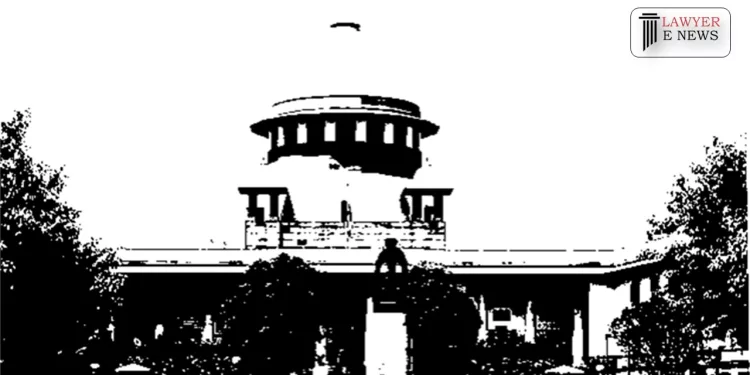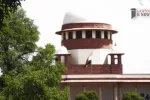Supreme Court Emphasizes Justice-Oriented Approach in Condoning Delay: “Substantial Justice Deserves to be Preferred”

In a recent judgment, the Supreme Court of India emphasized a justice-oriented approach while dealing with the condonation of delay in filing appeals. The case, Raheem Shah & Anr. vs. Govind Singh & Ors., pertained to a delay of 52 days in filing an appeal challenging a trial court’s judgment.
The bench, comprising Hon’ble Mr. Justice A.S. Bopanna and Hon’ble Ms. Justice Bela M. Trivedi, took note of the appellant’s contention that the judgment was not in their knowledge, which warranted consideration. The court cited the landmark decision in Collector, Land Acquisition, Anantnag & Anr. Vs. Mst. Katiji & Ors. (1987) 2 SCC 107, stating that the expression “sufficient cause” in the Limitation Act is adequately elastic to enable the courts to apply the law in a manner that serves the ends of justice.
The Supreme Court expressed its concern over the prevailing insensitive approach towards delay and stated, “If only the court concerned had been sensitive to the justice-oriented approach rather than the iron-cast technical approach, the litigation between the parties probably would have come to an end much earlier after a decision on the merits of their rival contention.”
The court further held that refusing to condone delay can result in a meritorious matter being thrown out at the very threshold and the cause of justice being defeated. When substantial justice and technical considerations are pitted against each other, the cause of substantial justice deserves to be preferred.
In light of these principles, the Supreme Court set aside the judgments of both the lower Appellate Court and the High Court and condoned the delay in filing the appeal. The case was restored to the file of the lower Appellate Court, where the parties shall put forth their contentions on merits. The court directed the lower Appellate Court to dispose of the matter as expeditiously as possible in accordance with the law.
This significant judgment serves as a reminder to all courts to adopt a justice-oriented approach in matters of condonation of delay, allowing litigants a fair opportunity to present their case and ensuring that substantial justice is upheld.
DATE OF DECISION: July 24, 2023
RAHEEM SHAH & ANR. vs GOVIND SINGH & ORS.






